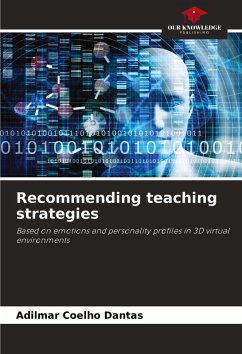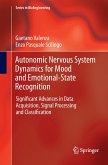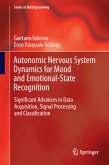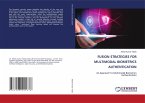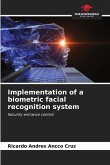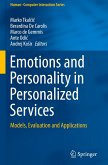Emotions interfere directly and indirectly with the learning process. Students who are experiencing an emotion that is unfavorable to learning tend to have difficulty absorbing the content that is being proposed at the time. In this sense, this work proposes a module capable of detecting and classifying these emotions and, through a second case-based reasoning module, suggesting pedagogical recommendations through personality profiles with the aim of developing the student's affective profile in Virtual Learning Environments. In order to validate the work computationally, it was first checked which technique would obtain the best results for detecting facial movements and then which classifier algorithm would obtain the best results for this classification. In this case, the Decision Tree technique proved to be efficient with an average accuracy rate of 86.4%. It was evaluated on images and videos to ensure its applicability. After this process, the personality profiles were usedtogether with the Case-Based Reasoning technique to suggest pedagogical recommendations through the association of emotions and profiles.
Bitte wählen Sie Ihr Anliegen aus.
Rechnungen
Retourenschein anfordern
Bestellstatus
Storno

